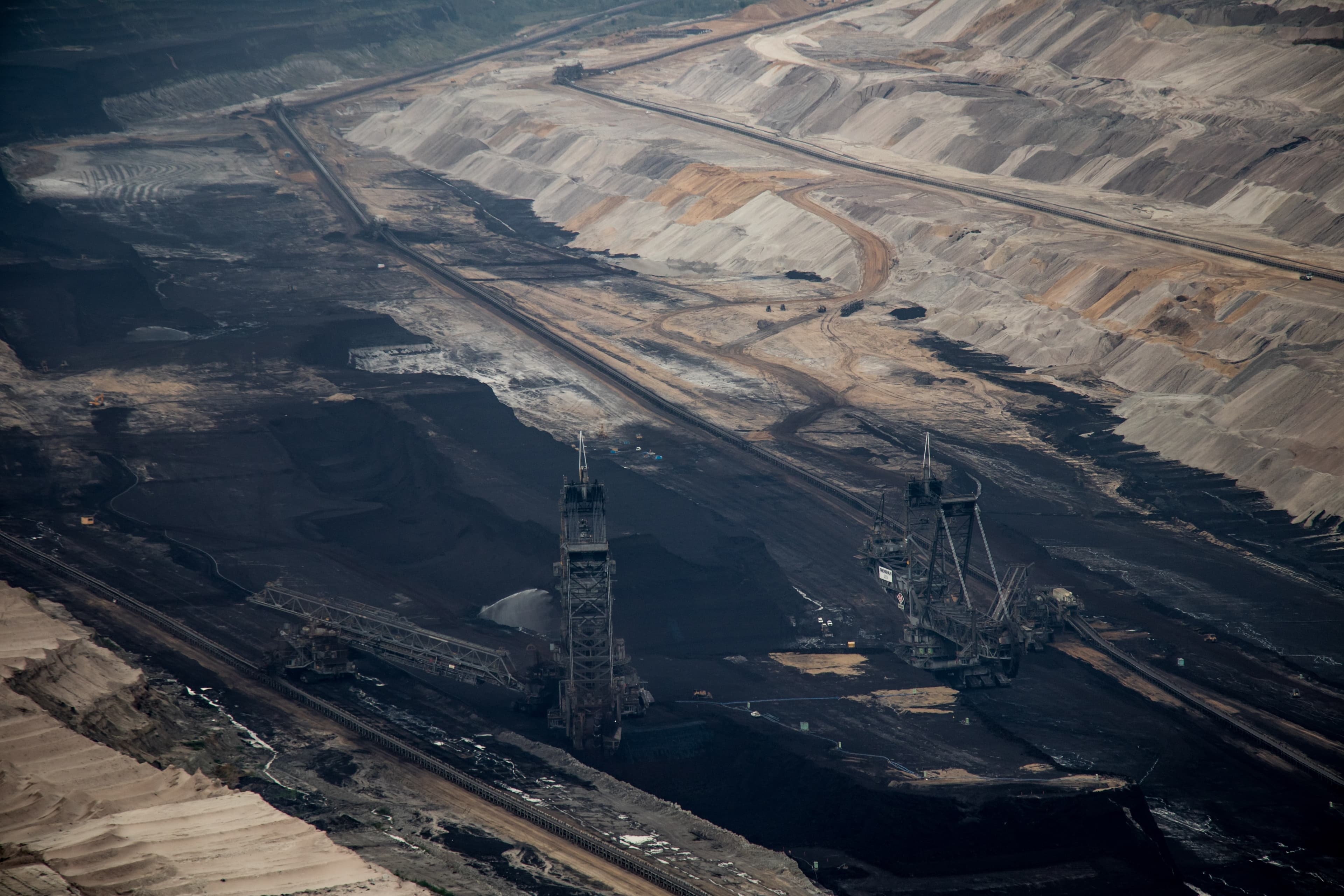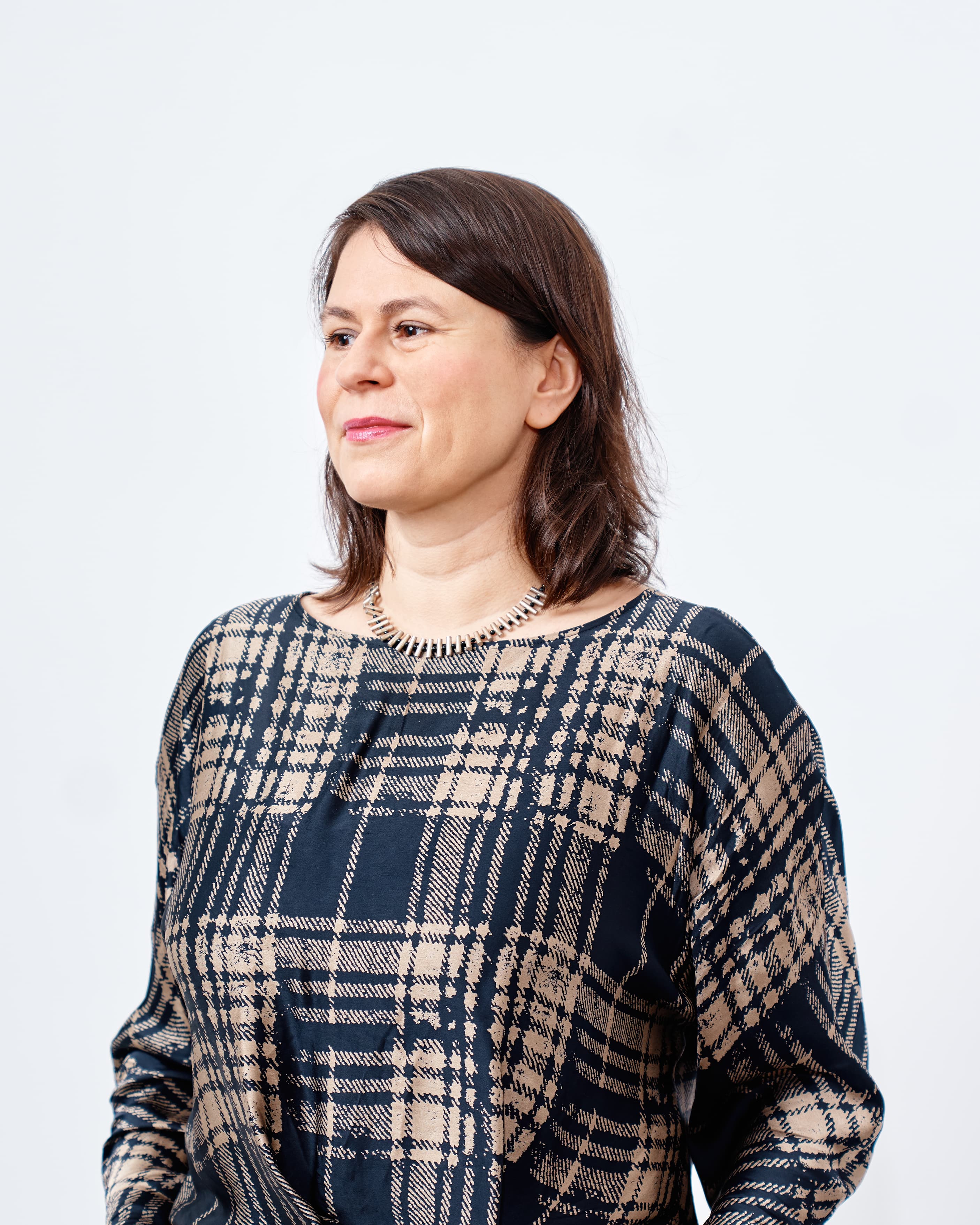Approach
Research at the documenta institut follows two interwoven lines: a vertical line dedicated to reconstructing the documenta model in the evolution of its previous exhibitions, and a horizontal line that explores the exhibition model within the global art field. In both cases, the term “model” refers to a complex of statements, stagings, arrangements, inclusions, and exclusions that evolve, enrich, and reflect upon themselves from exhibition to exhibition, acting as a “traveling object” within the global network of major exhibitions. However, this also requires a historical in-depth exploration of the cultural technique of “exhibiting” prior to the modern presentations of contemporary art.
The documenta Institut, in both its research and teaching formats, is an institute for global exhibition studies, focusing on the arts as a social phenomenon based on the practices and media of exhibiting. Approaching contemporary art through the lens of exhibitions serves two main purposes: on one hand, it acknowledges the fundamental fact that art only exists because it is exhibited; on the other, it enables a focus on phenomena and actors that extend beyond artists and artworks.
In its research, the documenta Institut draws on the extensive collection of the documenta archiv, which offers a unique opportunity to trace a prominent contemporary art exhibition through its transformations and effects. This material, processed in the timeline, provides the institute with resources for research in two ways: it can be specifically examined and utilized, or it can serve as a source of inspiration for questions that arise from surprising discoveries and sudden insights.
The documenta Institut conducts foundational research on the performative constitution of contemporary societies, tests hypotheses on modes of activation, and performs contemporary analysis through contemporary art exhibitions.
Researchers
Projects and Cooperations

Watch on a Promotory: Internal and External Artistic Exchanges in East, Southeast, and South Asia in the 1950s-1980s
Bei dem Forschungsprojekt „Watch on a Promontory: Internal and External Artistic Exchanges in East, Southeast, and South Asia in the 1950s-1980s“ arbeiten unter der Federführung des Goethe-Instituts China diverse Goethe-Institute (Kolkata, Hanoi, Jakarta/Bandung, Kyoto, Manila, Mumbai und Seoul) zusammen. Das documenta Institut wird 2025 zum Abschluss des Projekts eine Konferenz in Kassel veranstalten und eine Publikation erstellen.

Collaborative project: Art and cultural policy after National Socialism
Numerous art exhibitions in the post-war period, including the documenta, by no means stand for a “zero hour”, but rather refer to quasi self-evident and hushed-up continuities in art and culture alongside frequently remembered ruptures: on the one hand, exhibi

Cooperation with CELA and CALAS
The documenta Institute is pleased to announce a cooperation with CELA and CALAS. The aim of this cooperation is to promote research into art and exhibition studies on Latin America.

Cooperation with Afterall
Jointly promoting research in the field of exhibition studies: For that reason, the documenta Institute and the research centre Afterall have now concluded a cooperation agreement.

Exhibitions as Infrastructural Practice: On Work, Structure, and Responsibility in Exhibition Practices
This research project focuses on the infrastructural and work-related conditions of large international exhibition formats, exemplified by the documenta. The central focus is not on curatorial programming or artistic production, but rather on the often invisible backstage level where processes, networks, and structures come into play, enabling the exhibition activities in the first place.

Interdisciplinary research project "Eco-Operations"
Die Krise des Klimawandels ist Teil sowohl ästhetischer Diskurse als auch kritischer Forschungsperspektiven in der Kultur und den Künsten. Bis vor kurzem lag der Schwerpunkt auf der Darstellung vorherrschender ökologischer Beziehungen und Kreisläufe oder aber auf den Auswirkungen auf Umwelt und Gesellschaft. Zunehmend werden jedoch zukunftsorientierte, ökologisch konzipierte Handlungsmöglichkeiten von aufstrebenden Künstler*innen, Kurator*innen und kritischen Wissenschaftler*innen erkundet.

International Summerschool "Histories of Resistance" in Bogotá, Colombia.
The International Summer School "Histories of Resistance" of the University of Kassel, organized in collaboration with Universidad del Rosario, Escuela de Ciencias Humanas and documenta Institut Kassel, took place as a workshop on negotiations of memory and archiving in regard to political and ecological conflicts in Latin America from 4 to 15 September 2023 in Bogotá.

International Sommerschool "Extractivism and its discontents: cultural and artistic counter-movements" in Kassel
The International Summer School of the University of Kassel, organized in collaboration with Más Arte Más Acción (MAMA), the documenta Institut and Centro de Estudios Latinoamericanos CELA, took place as a workshop program on Latin American ecological and political conflicts from September 7 to 18, 2022, as part of documenta 15 in Kassel.

Nazi pasts of the documenta protagonists
One of the founding figures of documenta was August-Martin Euler, although he was not present on the front stage of the 1955 exhibition. Euler was born in Kassel in 1908. From the beginning of the war, he was a lawyer at IG Farben, where he was involved in the exploitation of forced laborers and

Rauminstallation "documenta Stadt Kassel"
Die Stadt Kassel und die documenta sind nicht voneinander zu trennen. Wie buchstäblich kein anderer Ort auf der Welt stellt sie ein vitales Experiment für die Wirkung von Kunst auf das Selbstverständnis einer Stadt und seiner Bürger:innen dar. Dies umfasst gleichermaßen das wiederkehrende Ereignis documenta und die

Anti-Semitism and postcolonial debates using the example of documenta fifteen
Bei dem Forschungsprojekt „Antisemitismus und postkoloniale Debatten am Beispiel der documenta fifteen“ handelt es sich um eine Kooperation des documenta Instituts mit der Bildungsstätte Anne Frank und der Frankfurt University of Applied Science unter der Leitung von Prof. Dr. Meron Mendel und Prof. Dr. Heinz Bude.
Dissertation Projects

Time and Belonging. Six portraits from the documenta city of Kassel
The dissertation project focuses on Kassel's relationship to documenta. It is based on Kassel's assertion of identity as a documenta city and explores the question of how urban affiliations are conveyed, shifted and occluded in Kassel through the documenta. It thus follows the trail

The Distinction of Art and Nature. Temporal Epistemologies of Art History in Exhibitions
In recent decades, the ecological interest of art history has developed a well-founded understanding of the representation of ecological and environmental issues in works of art. Nevertheless, the question arises as to whether and how the concept of art constitutes the

Decentralization, Autonomy and Socially Engaged Art
The research topic deals with the question of whether the tension between artistic autonomy and the socio-political function of art can be described as a central motif in the art-theoretical and cultural-political discourse of the 20th and 21st centuries. The aim is to formulate a genealogy of those concepts, movements and cultural programs that were proposed in times of social transformation, with the Russian Revolu

Museum or Church?
This doctoral project examines the art museum as a “new cathedral”, an attribution that has been made since the 1980s. It analyzes the differentiation in two directions: Firstly, in the understanding of the museum as a “new place of worship” in the literal sense and, secondly, in the function of the museum (building) in the pos

The work form as value form. On the fluid form of contemporary art and its digital condition
Today we see, think and act in a way that is stimulated by information technologies even when we are not explicitly confronted with digital issues. Even less obvious is the fact that these mechanisms are themselves governed by principles that can supposedly only be located in the sphere of economics: the principles of the value form. In art, the observation of the information technologies established

Algorithmic Realism: Communal Production in the Age of Ubiquitous Computation
Even after two hundred years of systemic speculation, no convincing alternative to the market order manifested. In problematising the idea of a conscious control over economic matters, the dissertation project interrogates the cipher of the plan from an epistemic and political perspective. As today forecasting and optimisation algorithms promise to come to terms

The documenta as a space for participation
As a singular instance of contextualization and mediation of contemporary art, the exhibition series documenta has from the outset been particularly interested in the relationship between art and space, which must accordingly be placed at the center of praxeological reception research that seeks to reconstruct the concrete reception and participation practices within the framework of a spatial arrangement and its practical-performative design

Aesthetics of Memory – The In-/Visibilities of 'Communist' Art in Germany and Peru since 1968
Museums, for example in Leipzig, Dresden, and Berlin, are increasingly focusing their exhibitions on the history of relations between the German Democratic Republic (GDR) and countries in the so-called Global South. The reference countries are often Chile, Cuba, Mozambique, and Vietnam, the so-called “brother countries” of the GDR, which, however, were subject to constant change














